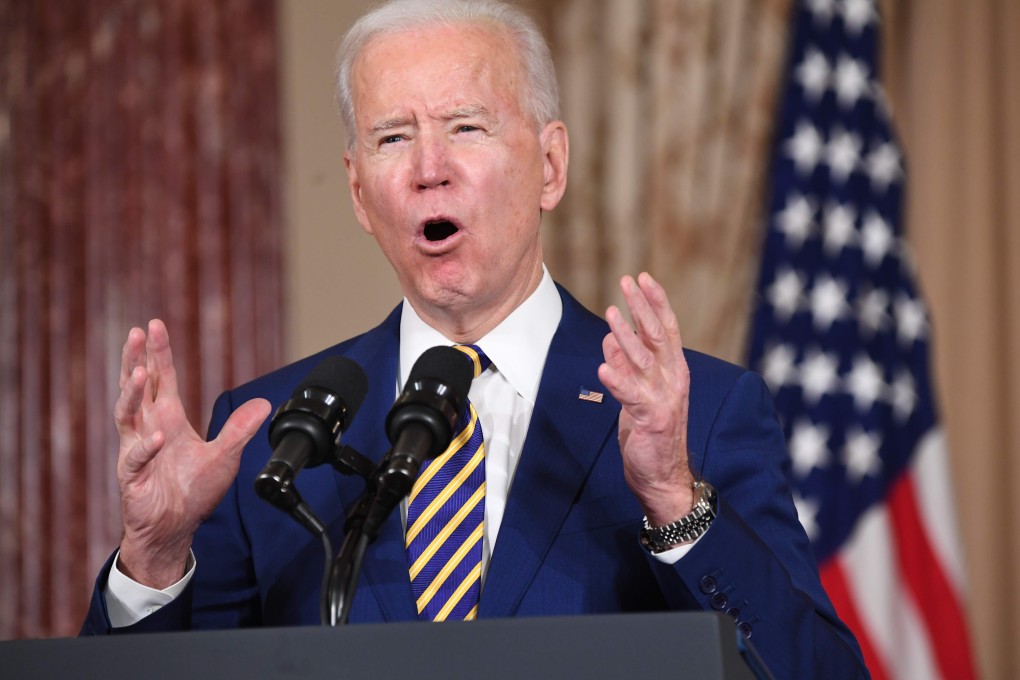Opinion | Biden’s foreign policy shift should address cross-border corruption and illicit trade
- Corruption and illicit trade are threat multipliers that ripple across borders and imperil democratic freedoms and institutions
- By advancing a national security strategy to tackle these two problems, Biden can work with allies and through public-private partnerships internationally

Corruption corrodes the underpinnings of good governance, clean markets and supply chain security. It impedes progress on human rights and implementation of national sustainability strategies. The reality is that both corruption and illicit trade are threat multipliers that ripple across borders and imperil democratic freedoms, and systems of open, free and just societies.

04:33
As Biden enters White House, world leaders express ‘relief’ and welcome ‘friend’ and ‘mate’ back
Illicit trade further hampers economic development by preventing the equitable distribution of resources that provide for sustainable growth. It enables kleptocrats to pillage their countries, criminal organisations to co-opt states and export violence, and terrorist groups to finance their attacks against our communities.
